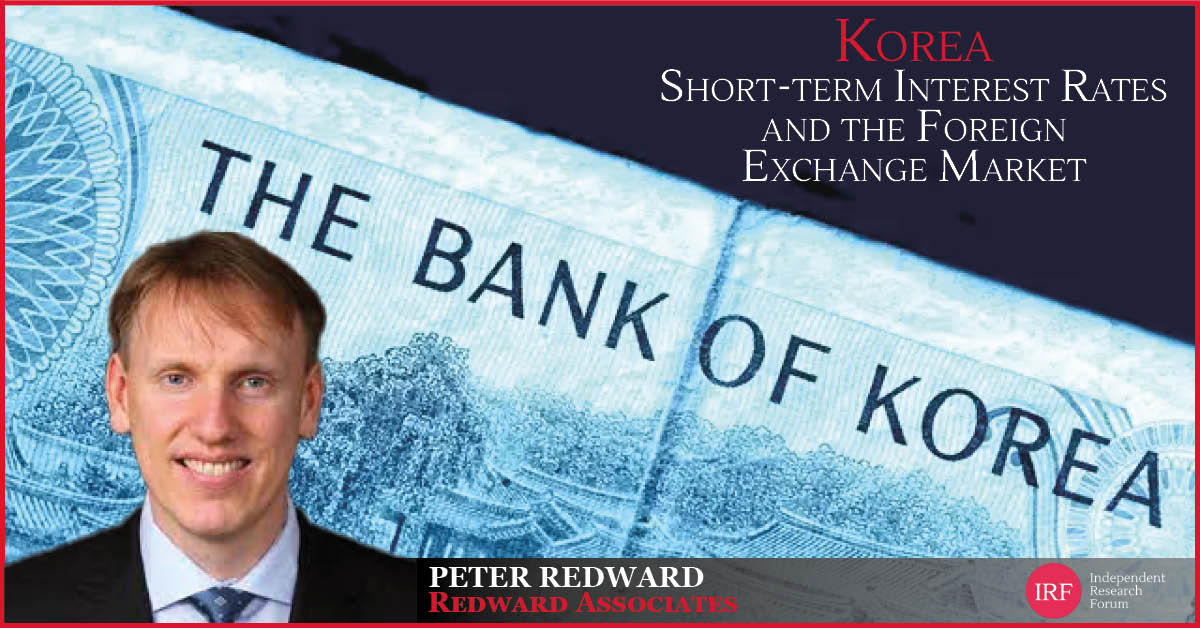Korea - Short-term Interest Rates and the Foreign Exchange Market
Redward Associates
Tue 16 Jan 2024 - 14:00 GMT / 09:00 EST
Summary
In this call on Korea with Peter Redward, the focus is primarily on analyzing the economic situation, particularly in terms of external factors, labor market dynamics, inflation, and monetary policy. Redward begins by deviating from his usual approach of starting with the external environment and instead examines domestic activity and inflation before addressing the external sector.
Korea is characterized as a developed economy facing demographic challenges, with a declining population and limited immigration options. Despite the population decline, the labor force remains stable until around 2030 due to high male participation and a gradual increase in older cohort participation.
The surge in domestic demand has led to significant employment growth, resulting in a sharp decline in the unemployment rate. Looking ahead, Redward expects steady employment but a tight labor market. Wage inflation has eased, and the government plans a modest increase in the minimum wage.
Regarding GDP growth, Korea's trend rate is influenced by the global manufacturing cycle, with manufacturing representing a substantial portion of GDP. While the Bank of Korea projects modest GDP growth, Redward sees reasons for confidence in stronger activity based on indicators like the JPMorgan Global Manufacturing PMI and Nasdaq composite index.
Redward predicts that potential GDP growth will be around 2% p.a., influenced by factors like labor and capital deepening. He notes a positive output gap, which, from a monetary policy perspective, is not ideal. The Bank of Korea has a 2% inflation target, and while headline CPI inflation is currently at 3.2%, it is expected to slow down.
Bringing together his views on activity and inflation, Redward suggests that there is scope for the Bank of Korea to cut rates by around 75bp in 2024. He anticipates rate cuts in May, August, and November, based on a modified Taylor Rule model. However, he acknowledges the uncertainty and suggests the Bank may wait until after the Legislative Elections in April.
On the external sector, Korea has become a substantial net international creditor over the past decade, with a current account surplus driven by cumulative surpluses. The Korean Won has faced pressure but is expected to strengthen modestly on a trade-weighted basis, influenced by factors like changes in the balance of payments.
Possible risks include uncertainties related to the US economy, the US dollar smile, and the potential for another energy shock. Redward emphasizes that, apart from geopolitical risks, it's challenging to foresee significant domestic economic disruptions, with the General Election unlikely to cause substantial changes.
Topics
The balance of risk is now skewing towards rate cuts in Korea, but investors should expect the Bank of Korea to approach rate cuts with caution
Korea has enjoyed sustained current account surpluses leading to its emergence as a large net international creditor, yet the Won continues to under-perform. We examine the reasons for this under-performance and discuss the outlook for the Won.
